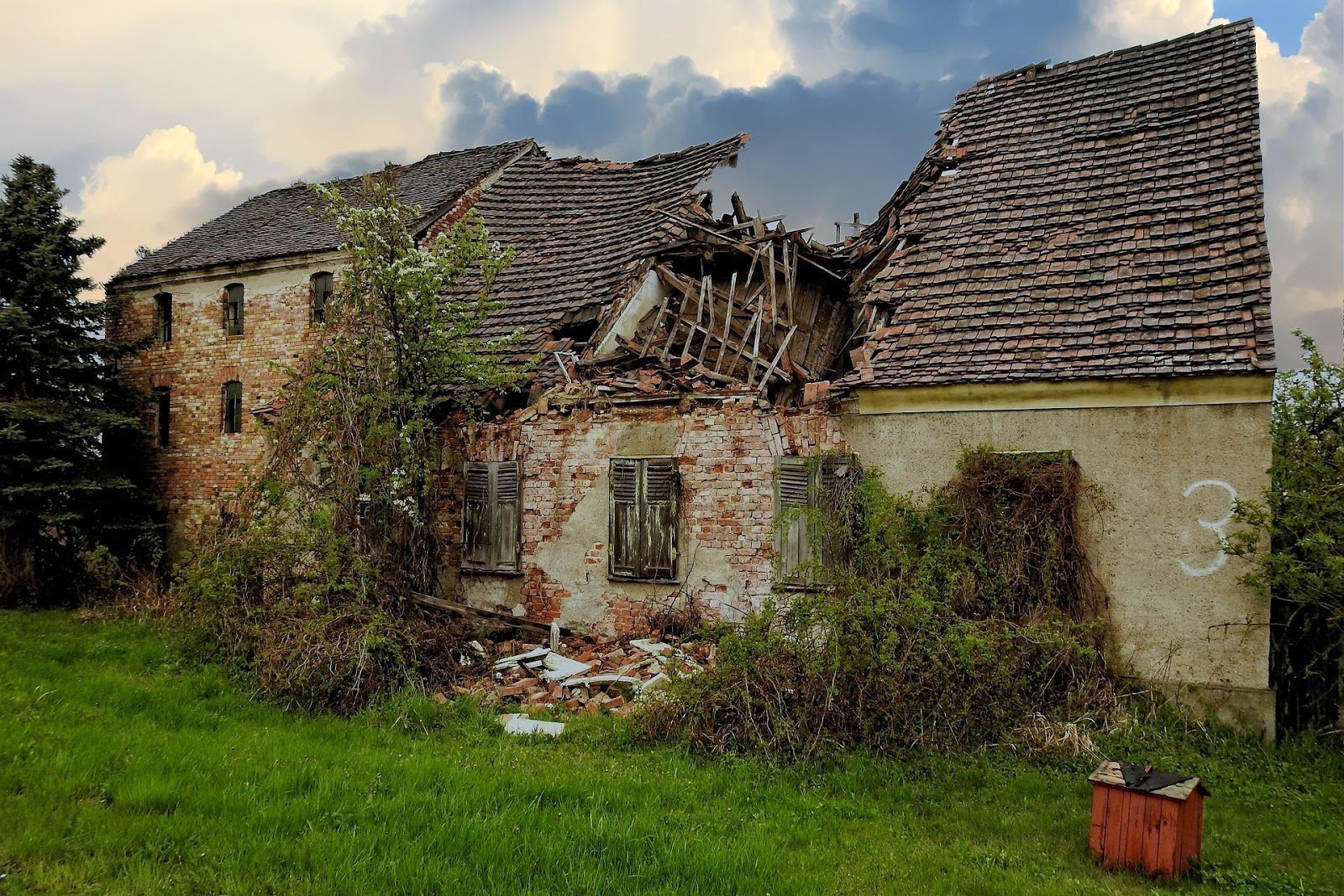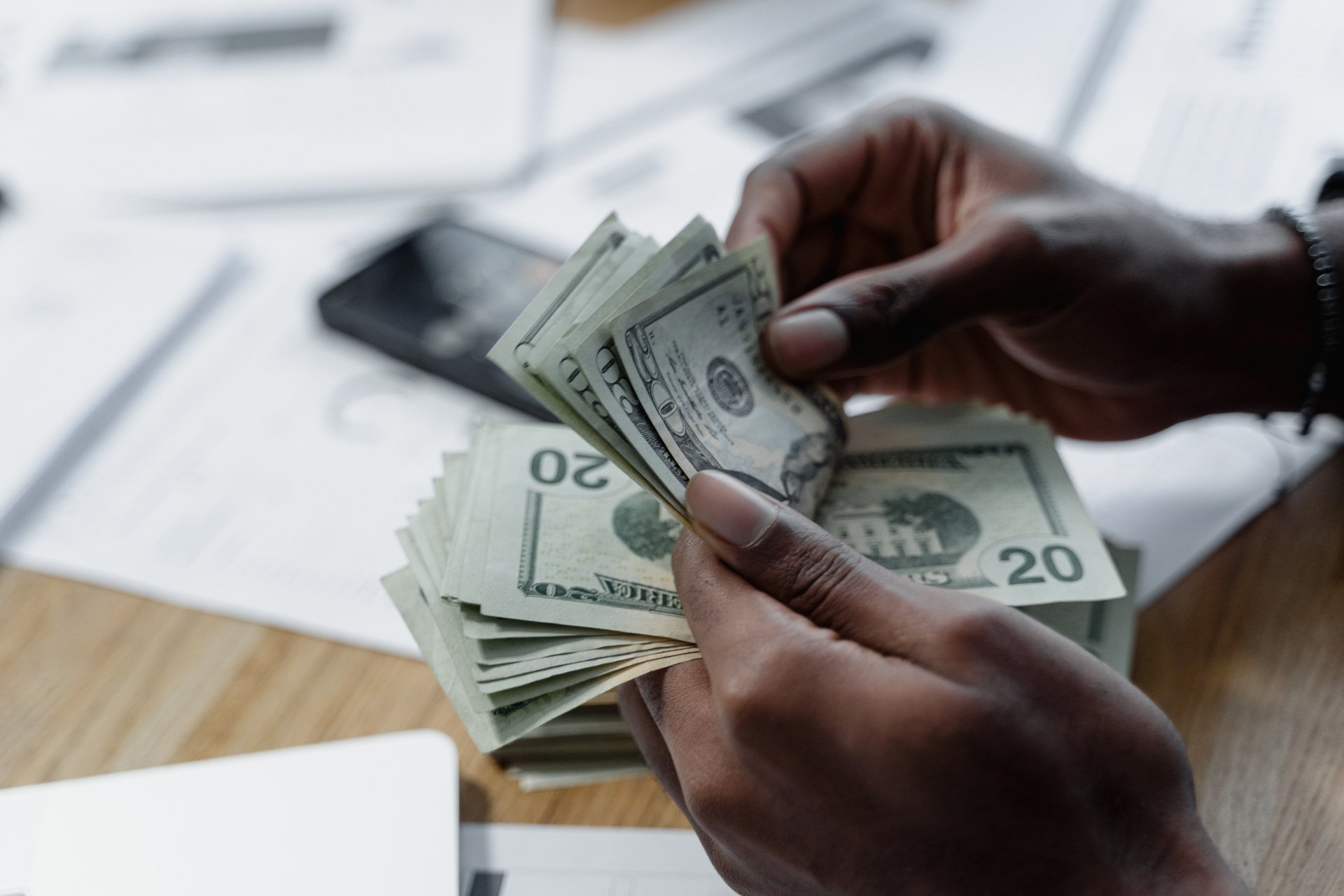Selling a home can be a scary, yet momentous decision in any homeowner’s life. In most cases, it’s the biggest investment someone will make in their lifetime and whether or not the mortgage is paid off, homeowners want to sell their home for a profit – even if it’s just for a small gain.
Although no homeowner wants to settle when it comes time to sell their home, some people don’t necessarily have a choice. They might not have the necessary time to sell their home the traditional way or the money for simple repairs and major renovations before selling the home.
Either way, homeowners are going to have some difficult decisions to make and how they want to go about selling the home will be at the forefront of those decisions. In some cases, it might make more sense to sell your house as-is, but it could be costly if not done properly or correctly.


So, what does it mean to sell a house as-is?
Selling a house as-is means exactly as it sounds – you’re selling the house without doing any additional work, repairs, renovations, or staging. I guess a better way to put it is ‘what you see, is what you get.’ In certain scenarios, the homeowner can stand to benefit from selling as-is.
It should be noted that while you’re indicating to potential buyers that no work is being done to the home, they still have the right to include contingencies in their offer. Of course, you don’t have to accept these offers and can further negotiate with the buyer to avoid contingencies.
It should also be noted that selling as-is doesn’t exclude the seller from disclosing certain problems with the home. Buyers can still request an inspection of the home and homeowners must disclose any structural problems, defects, and disaster history to potential buyers.


How Much Do You Lose Selling a House As-Is?
One thing many homeowners want to know when considering selling their home as-is is how much they stand to lose in doing so. Although we’d love to give you some one-size-fits-all answer to that question, it’s not a question that has one, definitive answer – unfortunately.
There are a ton of factors that play a role in how much your home sells for and they can either drive the price up or crumble it down. The truth is some people might lose a lot of money when selling as-is, but others might lose a little. Some might gain a little, while others might gain a lot.
At the end of the day, most people can expect to lose around 10-30% when selling a house as-is. You can try and offset some of the loss by playing it smart and understanding the many factors that go into a home’s market value. Don’t worry, we’ll detail some of the most important below.


Condition of the Home
The condition of the home plays an essential role in the overall value – especially when selling the home as-is. If the home is in good condition and a cash buyer won’t be left with a lot of work, they’ll feel more comfortable paying more. If the home needs a lot of work, they’ll be looking for quite a major discount if you aren’t planning on taking care of the issues.
The Buyer Interested in the Home
There are two main types of buyers you’ll interact with when selling a home as-is – those that are looking to live in the home and those that are looking to use it as an investment. If they’re looking to occupy the home, they might grow suspicious of a home being sold as-is. Investors will show an interest, so long as they can turn a profit after making minor and major repairs or renovations.
Location of the Home
Housing prices vary depending on where you live, which is why location plays a large role in the value of your home when selling as-is. A home in Los Angeles is going to sell for a lot more than the same home in Boston – whether you’re selling traditionally or as-is. The more coveted the location and desirable the community, the higher the value of the home – it’s that simple.
Current Trends In the Housing Market
The final factor when selling a home as-is is the current housing market. Sometimes housing prices are on the rise, while other times they’re on the decline. If you plan on selling your home, it’s best to try and wait for the housing market to bloom (if possible). If you can’t wait, which is the case sometimes, then prepare to receive an offer that’s much less than you anticipated.


Why Might You Want to Sell a House As-Is?
Although some people might benefit from selling a home as-is, that doesn’t mean it’s the best option for everyone. In fact, most people are better off selling the traditional way and taking care of repair costs or renovations. Let’s take a look at some of the reasons why you might sell as-is:
- You don’t have the money for repairs or renovations
- Making the necessary repairs and renovations won’t net you a large enough gain
- You don’t have the time to wait for the right offer
- You’re behind on payments and feel like you’ll never get caught up
- You need to move immediately and need the funds fast
- The home is in a bad condition and you’re looking to get what you can for it
If you have the money for repairs and renovations, and you know it’ll net you a gain in the end, then do the repairs and reap the reward. If you don’t have the money for repairs and you don’t have the time to list it on the local market as per tradition, then it’s time to consider selling as-is.


Are You Ready to Sell Your House Fast, Las Vegas?
Are you looking to sell your home as-is? Do you need to close the deal fast? Do you need cash in your pocket now rather than later? Don’t worry, you’ve come to the right place. At Sell Your House Fast Las Vegas, we’re prepared to extend an honest, no-obligation cash offer for your home – no matter what the condition is. Contact us today to start the process!



